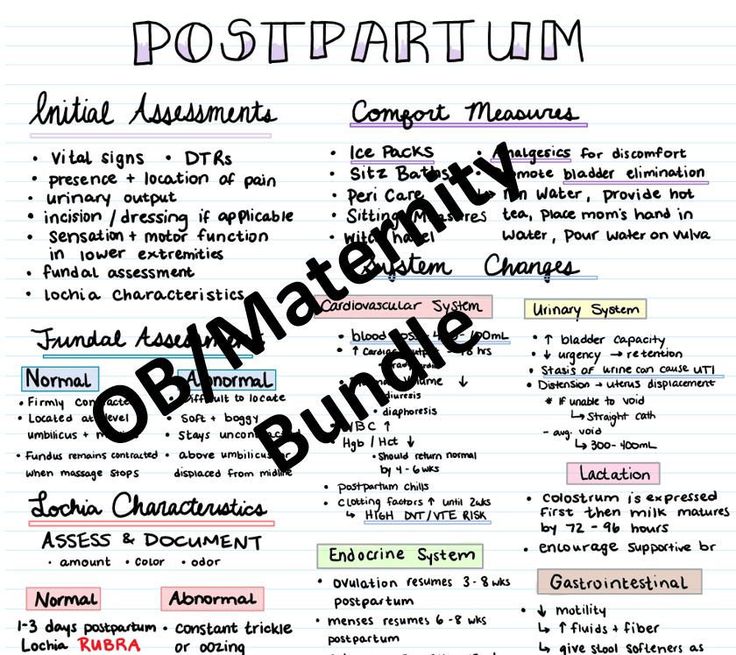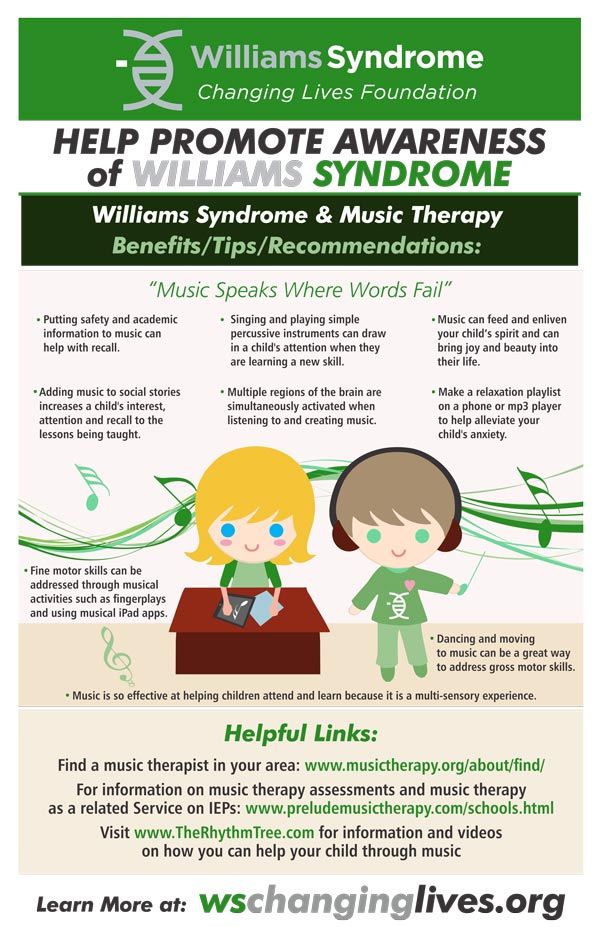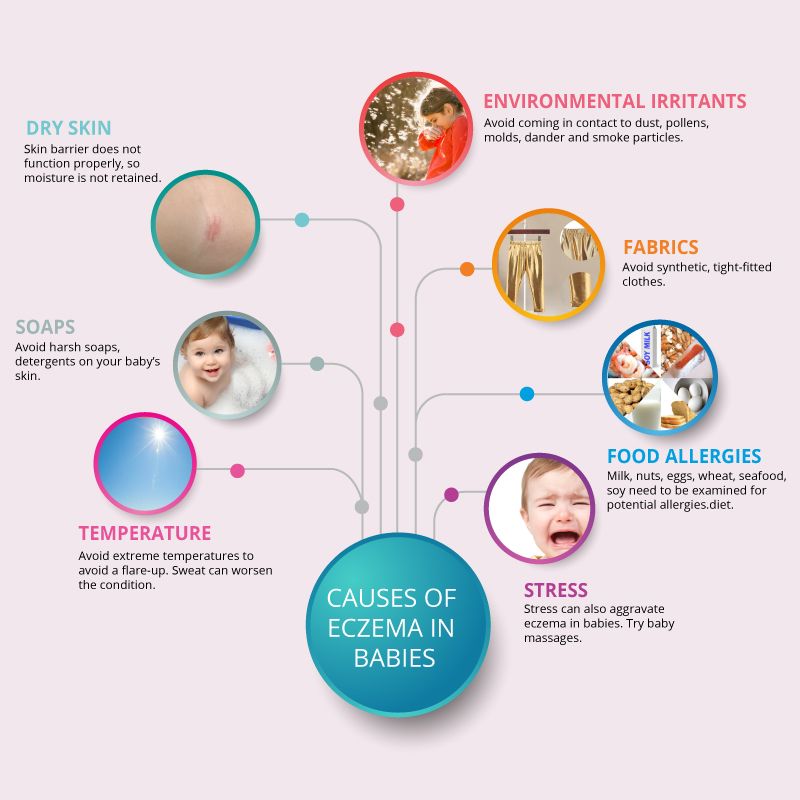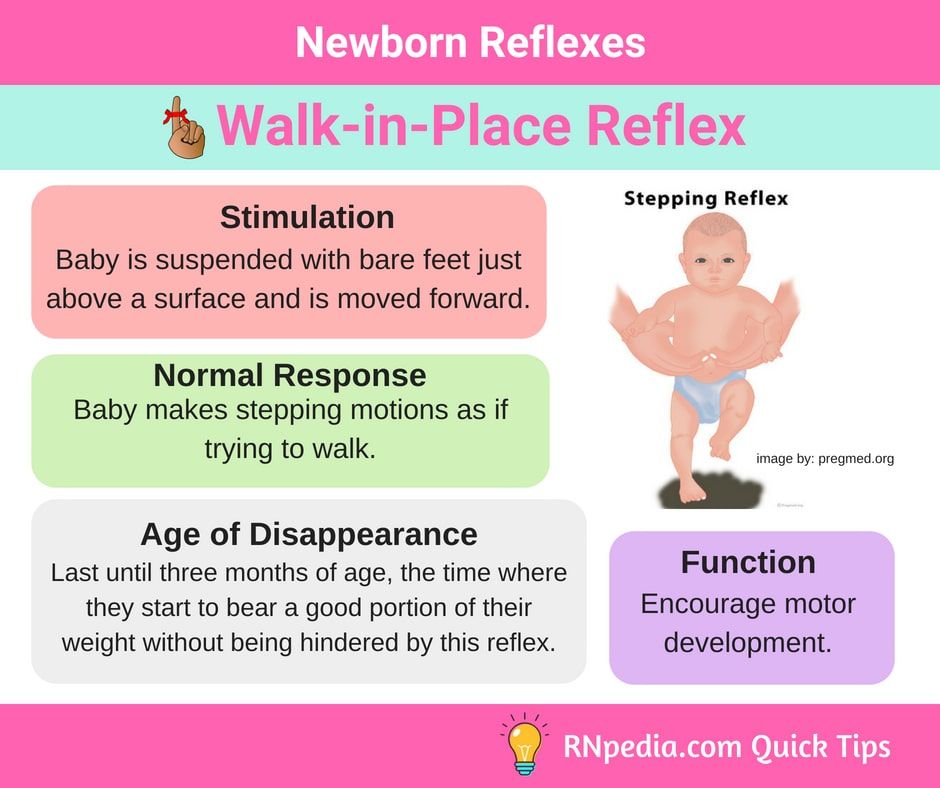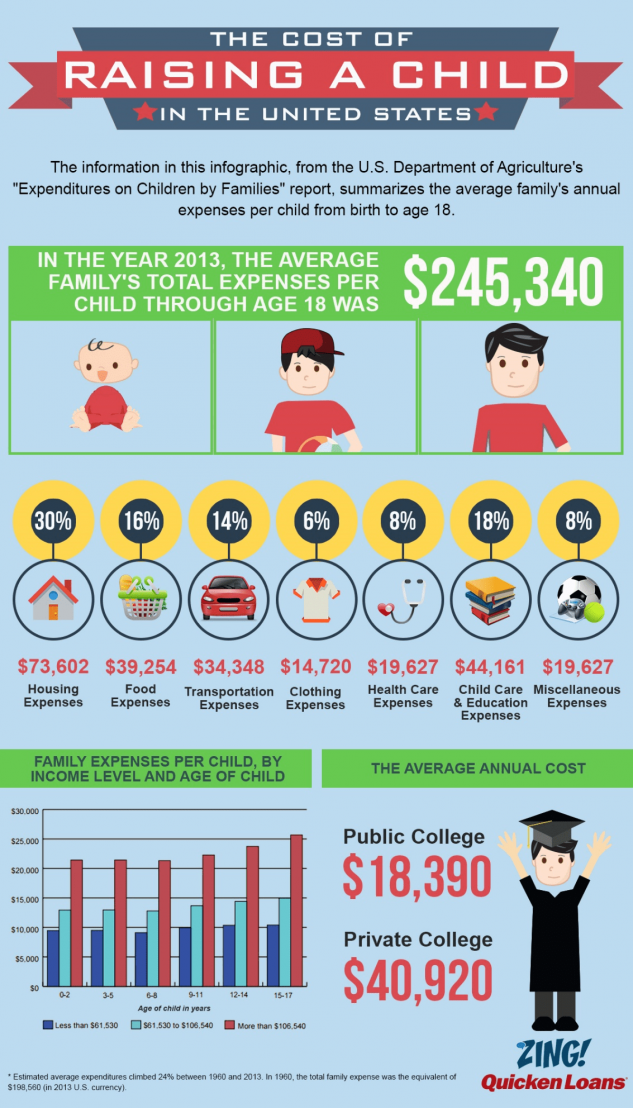How to find out what school your child is zoned for
Find Your School | My Tennessee Public Schools
Age, Grade Level, and School Location
Your child’s age and grade level are the indicators of the right school level: elementary, middle, or high school.
Age
Your child’s age is your first indicator of his or her eligibility for beginning school. Students may start kindergarten if they turn five on or before August 15. A
child does not have to enroll in school at age five, but must enroll no later than his or her sixth birthday. TCA 49-6-3001a, b, c.
Voluntary Pre-K program in some districts. Enrollment in the Voluntary Pre-K program is based upon a child’s eligibility as identified in TCA 49-6-101─104.* Available space in each school system is limited and is based on the funding awarded each year through a grant process. Children must be four years old by Aug. 15 prior to the new school year and reside in the area served by the school district. No child who is age eligible for kindergarten (five years of age on or before Aug. 15 prior to the new school year) may be enrolled in pre-K.
*http://www.lexisnexis.com/hottopics/tncode/
Grade Level
Schools are traditionally organized by grade bands.
- Elementary school: Pre-kindergarten, Kindergarten, and grades 1-5. Some districts include grade 6 in the elementary school
- Middle school: Grades 6-8
- High school: Grades 9-12
Most schools follow this grade distribution, though some districts may include a sixth grade or ninth grade school/academy to help students adjust to middle school and high school. A few other arrangements exist in some districts, such as grades K-8 in one school.
The following link gives information about public, charter, non-public schools, and home schooling.
https://www.tn.gov/education/school-options.html
School Location
Which actual school is your child to attend?
Your residence address determines which actual school building your child will attend. In some districts, specialized magnet schools and academies may accept students from multiple zones; criteria for magnet and academy school eligibility are available directly from those districts. Additional attendance zoning exceptions may occur from district to district; policies regarding exceptions are also available directly from those districts.
In some districts, specialized magnet schools and academies may accept students from multiple zones; criteria for magnet and academy school eligibility are available directly from those districts. Additional attendance zoning exceptions may occur from district to district; policies regarding exceptions are also available directly from those districts.
District and Individual School Information
You may access your county’s district information either of the following ways:
- Click on either of these two links:
- https://k-12.education.tn.gov/sde/CreateDistrictList.asp?status=A&activeonly=Y It opens to a page with all the county/district names. Under the district name is the superintendent/director’s name. The address of the district office follows. Clicking on the name of the district links you to a page with phone numbers and web addresses for contacting the district. On the right side of the page (before clicking on the district name) there is a link to schools in the district, active and inactive.
 Clicking on the “active” link takes you to a list of all schools in the district, addresses, phones, principal’s name, and the grades served by the individual school. Some schools have included a hyperlinked web address for the school. If no web address is listed, contact the school or district at the phone number provided for that information. Also on the right side of the page is a link to the CORE office which is the regional office overseeing information and needs for that district. These offices are used by the district; they are not intended for parents to access.
Clicking on the “active” link takes you to a list of all schools in the district, addresses, phones, principal’s name, and the grades served by the individual school. Some schools have included a hyperlinked web address for the school. If no web address is listed, contact the school or district at the phone number provided for that information. Also on the right side of the page is a link to the CORE office which is the regional office overseeing information and needs for that district. These offices are used by the district; they are not intended for parents to access. - A link above the county name, “Active District Schools,” takes you to a list of all schools in that district with their addresses, phone numbers, principal’s name, and other basic information. Each school name is linked to a page with the school address and phone number. If you already know which school your child will attend, you may contact the school directly. Some school Websites show zoning maps or zone assignments to help you locate your child’s school.
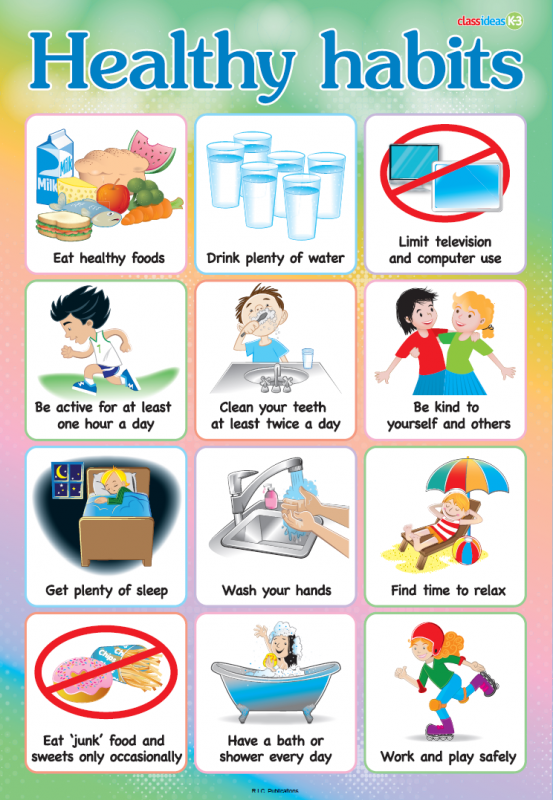 A district office phone also appears on that page. If the district Website does not guide you to the information you need, call the district office. They will assist you in finding that information. A school’s web address usually has a Parent link. Information about attendance zones may be found here if multiple schools exist for your student’s grade level.
A district office phone also appears on that page. If the district Website does not guide you to the information you need, call the district office. They will assist you in finding that information. A school’s web address usually has a Parent link. Information about attendance zones may be found here if multiple schools exist for your student’s grade level.
- https://k-12.education.tn.gov/sde/CreateDistrictList.asp?status=A&activeonly=Y It opens to a page with all the county/district names. Under the district name is the superintendent/director’s name. The address of the district office follows. Clicking on the name of the district links you to a page with phone numbers and web addresses for contacting the district. On the right side of the page (before clicking on the district name) there is a link to schools in the district, active and inactive.
School websites are also listed on individual TDOE district pages. They are not hyper-linked. Go to the district’s web address and access the Parent link. Information about attendance zones may be found here if multiple schools exist for your student’s grade level. A link above the county name, “Active District Schools,” takes you to a list of all schools in that district with their addresses, phone numbers, principal’s name, and other basic information. Each school name is linked to a page with the school address and phone number. If you already know which school your child will attend, you may contact the school directly. Some school Websites show zoning maps or zone assignments to help you locate your child’s school. A district office phone also appears on that page. If the district Website does not guide you to the information you need, call the district office. They will assist you in finding that information.*Copy and paste the school address into your browser window OR you can go to the district site and access each school from there. In the actual district Website, schools’ Websites are hyperlinked.
Some school Websites show zoning maps or zone assignments to help you locate your child’s school. A district office phone also appears on that page. If the district Website does not guide you to the information you need, call the district office. They will assist you in finding that information.*Copy and paste the school address into your browser window OR you can go to the district site and access each school from there. In the actual district Website, schools’ Websites are hyperlinked.
NOTE: Because each district maintains its own Website, there is not a consistent format or heading title for locating the details of how to enroll; use the search window or an identified link on the site to help find your child’s correct school. It may be necessary to call the district office for assistance.
- https://www.greatschools.org/schools/districts/tennessee/TN/
This site provides information about schools when you click the county name. It includes data about the schools, academics, and the local community as it relates to schools. There are phone numbers for the schools, so you can contact them for more information.
There are phone numbers for the schools, so you can contact them for more information.
Changes in School Zones
In districts with multiple schools for each level, zones may change occasionally. It is important to check your residence zoning regardless of what it has been in previous years. Some districts provide a ‘Transportation’ link to guide you through finding the appropriate zone for your child’s school.
Transportation and Buses
Information about available transportation and details regarding school bus routes is available from the school or by contacting the district Transportation Department. Some districts include a Transportation link that may provide the needed information.
Like this:
Like Loading...
Find My School - Metro Nashville Public Schools
Explore Your Nashville Public Schools
If you are raising your family in Nashville, you have many choices when it comes to your children's education. And, we want you to choose our diverse and high-quality schools.
And, we want you to choose our diverse and high-quality schools.
Our staff is here to make the process of enrolling your child in a Metro Nashville Public School as easy as possible and walk you through any of the public school options available to your student. Your Nashville school options include:
Choose your Zoned School
The perfect school for your student may be right around the corner! Students are automatically assigned to schools within the zone where they live.
- To determine your zoned school, enter your residential address into the Zone Finder.
- Learn more about your neighborhood school by visit the MNPS school directory to explore your zoned school's website.
If possible, tour your local school and meet with staff to learn more about all your neighborhood school offers. Contact the school directly for more information.
Choose a School Outside your Neighborhood Zone
To enroll your child in a school outside your school zone, you will have to submit an application. Only schools that participate in the Optional Application program are eligible to have students from other zones attend. School bus transportation is not provided.
Only schools that participate in the Optional Application program are eligible to have students from other zones attend. School bus transportation is not provided.
- You can check availability and submit an application for an optional school during the annual application process, held each spring. Families who are new to MNPS can apply year-round to schools that have available space.
- Parents of incoming kindergarteners, please note, if you are choosing a school outside your zone you will need to use the school options process and also register for school during the K-kickoff period.
Additionally, Davidson County has several charter schools available for students at all grade levels. You can learn more about each school by visiting its website. Check the schools list for charter options.
Apply for Pre-K
The application process for Pre-K is different from K-12 grades enrollment. There are eligibility requirements that must be considered, including immunization and school physical requirements, and a separate application is required. For more information visit the Apply for Pre-K section.
For more information visit the Apply for Pre-K section.
Age Requirements
- A child must be 4 years old on or before August 15 of the current school year to apply for MNPS Pre-K.
- Some MNPS Pre-K programs accept 3-year-olds. A child must be 3 years old on or before August 15 of the current school year to apply for these programs.
Download the Pre-K Application Informational Flier
Download the Pre-K Application Process Checklist
Pre-K Program Fees
Academic Options, Themes and Programs
Metro Schools offers many academic options, themes and programs- something for every student.
- Advanced Academics: Programs are available for students Pre-K through 12th grade that builds upon students’ individual strengths and maximizes academic potential for all learners.
- Advanced Placement: Advanced Placement focuses on college-level instruction and assessment through an approved teacher syllabus.
 AP students have the opportunity to dig deeper into subjects that interest them, develop advanced research and communication skills, learn creative problem-solving and engage in rigorous college-level work.
AP students have the opportunity to dig deeper into subjects that interest them, develop advanced research and communication skills, learn creative problem-solving and engage in rigorous college-level work. - Dual Enrollment: Dual Enrollment provides an opportunity for students to earn college credit while enrolled in high school
- Early College Programs: Through an early college high school program, admitted students can fast track their college plans or begin building a career by simultaneously earning a high school diploma and college associate’s degree in just four years — and at no cost to families
- Magnet Programs: Magnet schools are visionary, innovative schools where students are attracted by unique themes such as: STEAM, Arts, International Baccalaureate and more.
Learn More About Our Programs
how to find out in 2022?
Until the child is 6-8 years old, parents should be concerned about which school they will send the child to.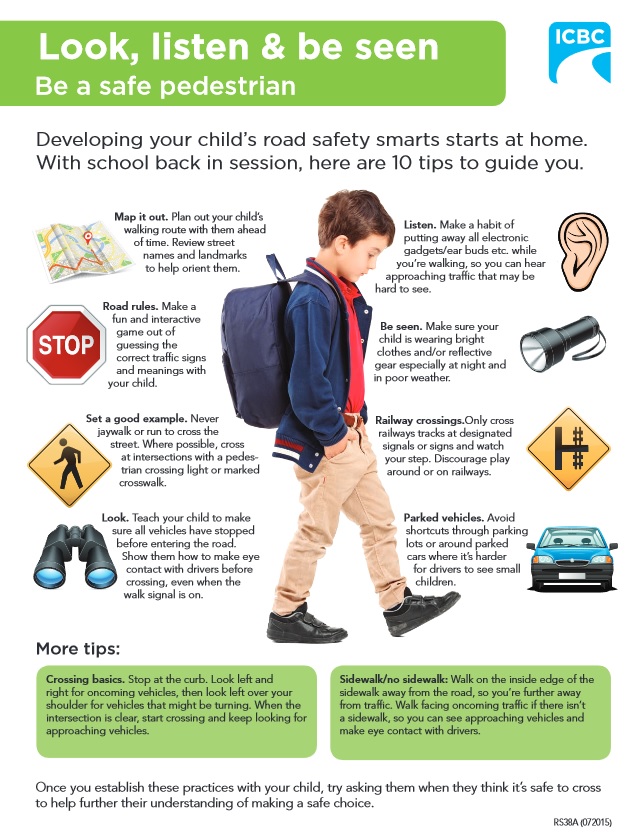
It is important to understand that in each region of our country specific houses are assigned to schools.
And when enrolling children in the first grade, the school administration is obliged, first of all, to accept children to the school to which they belong on a territorial basis.
But how do you know which school a house at an address belongs to? After all, it often happens that schools are located next to each other, and parents begin to get lost and wonder which educational institution to enroll their child in?
Why tie a school to specific houses?
The Law of the Russian Federation "On Education" states that residential facilities must be linked to specific educational institutions. This is so that:
- Children who live near the school can easily and easily visit the educational institution so that they do not have to spend time on the road to school.
- Children could receive a quality education.
 The convenience (proximity) of the location of the school is an important factor for the further progress of children.
The convenience (proximity) of the location of the school is an important factor for the further progress of children. - The load on educational institutions must be evenly distributed. If there were no such territorial distribution, then there would be schools with a large agiotage of students, and there would be such institutions where there would be a shortage of students.
How can I find out which registration school a child belongs to in 2022?
There are several ways to determine the territorial affiliation of a child to a particular school.
Method 1. Find out information on the official website of the educational institution
If there are not one, but two or three schools near your house, and you don't know which one you need to send your child to based on a territorial basis, then you can go to the website of a particular school and find this information.
The website of any school must contain information about the territorial binding of houses . If you cannot find this information, you can always call the phone numbers listed in the contacts of the educational institution.
If you cannot find this information, you can always call the phone numbers listed in the contacts of the educational institution.
Information about the location of houses and schools is publicly available, so the secretary or other authorized person must answer this question.
Method 2. Get information from the Department of Education of a particular region (district)
You can get information from local governments .
To do this, you can enter the website of the state body, write an e-mail, or personally visit this authority and find out the necessary information: streets related to schools, or house numbers assigned to educational institutions.
Method 3. Ask neighbors
It is often enough to ask your neighbors which school your house belongs to, because many of them also have children who want or went to school.
Method 4. Go to school on your own
Those who are not too lazy to walk around can visit the school themselves, which, as they guess, their house may belong to. On the spot, they will be prompted whether this is so or they will have to go to a nearby school.
On the spot, they will be prompted whether this is so or they will have to go to a nearby school.
Method 5. Remember which school you went to for the elections
The law of the Russian Federation "On the election of the President of the Russian Federation" clearly states that all citizens must vote at the place of registration .
Therefore, it is enough to remember which school you went to pay your civic duty or the address of which school was indicated in the invitation to the presidential elections.
Will a child be able to be expelled if, according to the territorial principle, he should study at another school?
No, if the child is already enrolled and studying, then no one has the right to expel him, except in the following circumstances:
- the child received secondary education;
- he was enrolled in another school;
- he is moving to another institution and there is already an order for his enrollment;
- he migrates to another country for permanent residence.
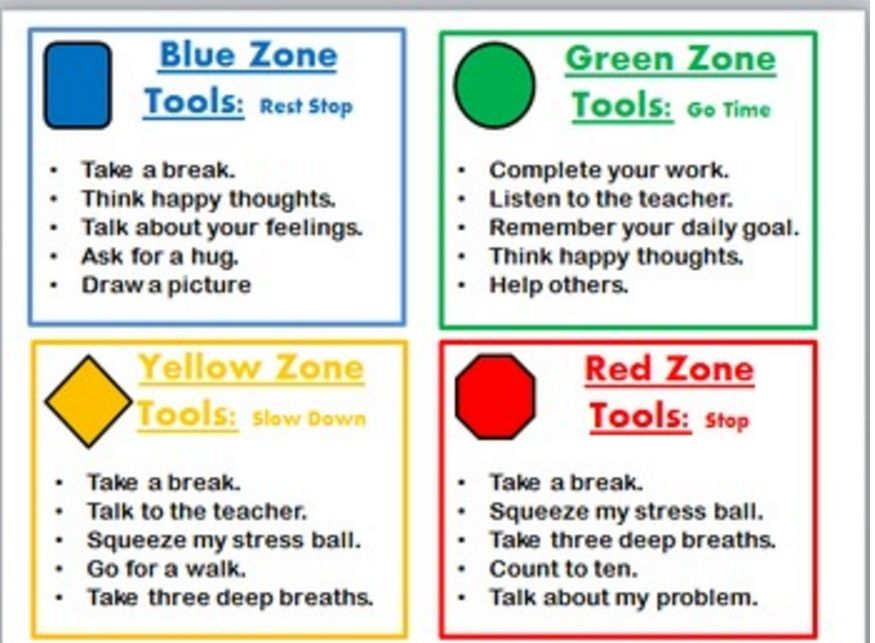
Is it possible to enroll a child in a school not by registration, but by the actual address of residence?
There are situations when families rent apartments in other cities without concluding a rental agreement. In this case, the child will not have the right to study at the nearest school on a territorial basis.
In order to be eligible, parents must enter into a tenancy agreement with the landlord from whom they rent the apartment.
How can I find out which school an address belongs to?
This information is available from your city's Department of Education . This information can be viewed on the website of the department or visit the institution and personally familiarize yourself with the relevant documents.
Can a child be denied admission to a school if his or her home is territorially assigned to that school?
No, if the house where the child lives and is registered is territorially assigned to the corresponding school, then neither the director nor his deputy has the right to refuse admission.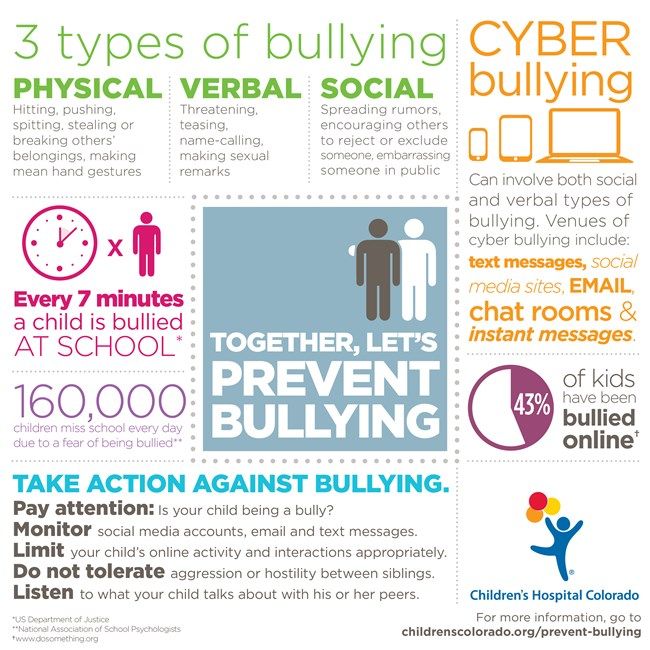
In densely populated cities, this problem may occur . This may be due to the fact that the vacancies were offered to other students who wanted to enter the school “through pull”.
But it is important to understand that if a child is assigned to this particular school at the address, but at the same time parents are told that there are no places, then you should not give up and go knocking on other doors.
You need to go to the local administration and file a complaint against the school administration, arguing that the child should study there geographically.
Where can I find on the Internet which school the house belongs to?
Information about which school the house at the address is attached to can be viewed in the Department of Education for a particular city.
The necessary information can also be obtained via the Internet . To do this, you need to find the management site, specify the street name, house number, and then click on the "Search" button.
There are various ways to find out which school the house is attached to: personally visit the secretary or director of the educational institution and request information, view the data online on the school website, request this data from local authorities, ask neighbors.
There are many options for getting an answer to the question, the main thing is to understand that your child must be admitted to school on a territorial basis . And if there is no place, you should immediately contact the local authorities.
how to find out the list for admission, what address do you belong to, is it possible to get to a place other than the place of registration, where will the child go if they are refused? Justice
Legislation guaranteeing educational opportunities Ways of admission
How can I find out which school my child will go to when he or she is registered?
Although the Law of the Russian Federation “On Education” does not oblige, it provides for the binding of registration to a specific educational institution.
How can I find out which school you are registered to? To find out the list of numbers of schools intended for teaching children at the address of interest and clarify the information, there are several ways:
- Visit the websites of schools and the Department of Education.
- Visit to the city or district.
- Personal appeal to the school administration.
Since there are reasons to doubt the reliability and legitimacy of information from one source, all methods should be resorted to. With the help of them you can find out:
- Location of the school.
- How many students it is designed for.
- Rules and features of admission.
- Degree of probability to enroll in this school without registration.
- The specifics of in-depth learning and more.
At the same time, the site makes it possible to save time on collecting information.
If you are scheduled to visit a department or school principal, make an appointment well in advance.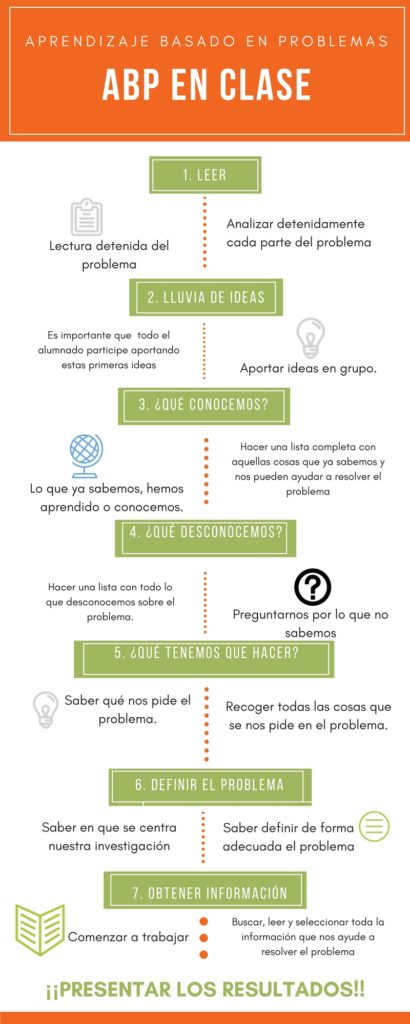
How to get into a general education institution without permanent registration?
If there is a permanent residence permit, but parents want to enroll their child in a school not registered, many parents think about obtaining a temporary registration, which will serve as a decisive argument for admission to both a municipal and a specialized educational institution.
To do this:
- Find a person (owner of housing) who will agree to a residence permit. They may be relatives or landlords.
- If the landlord does not agree to the registration of children, only adults must register.
- Having a registration in hand, a parent registers a child without the consent of the owner in accordance with the law on registration (read about whether it is possible to register a child without the consent of the parents and the owner of the home).
The biggest difficulty here is getting the consent of the owner. If there are children in the family, and the owner does not want to register them, then he is unlikely to give permission for registration, even temporary.
If there are children in the family, and the owner does not want to register them, then he is unlikely to give permission for registration, even temporary.
Plus, not only living in an apartment not at the place of permanent residence for more than 90 days requires mandatory registration of stay, but also registration of a new registration at the place of stay obliges the family to live there, in accordance with the law (PP RF N 713 of 1995 on the procedure for registering citizens Russian Federation at the place of stay).
Fictitious registration is a criminal offense (63-FZ of the Criminal Code of the Russian Federation, article 322.2 of the Criminal Code of the Russian Federation).
Where to contact?
First of all, legal representatives of children should apply to the territorial education department, which will send them to a school that is obliged to accept a student with a temporary residence permit. You can visit the director of the desired school in advance and discuss the possibility and details of admission.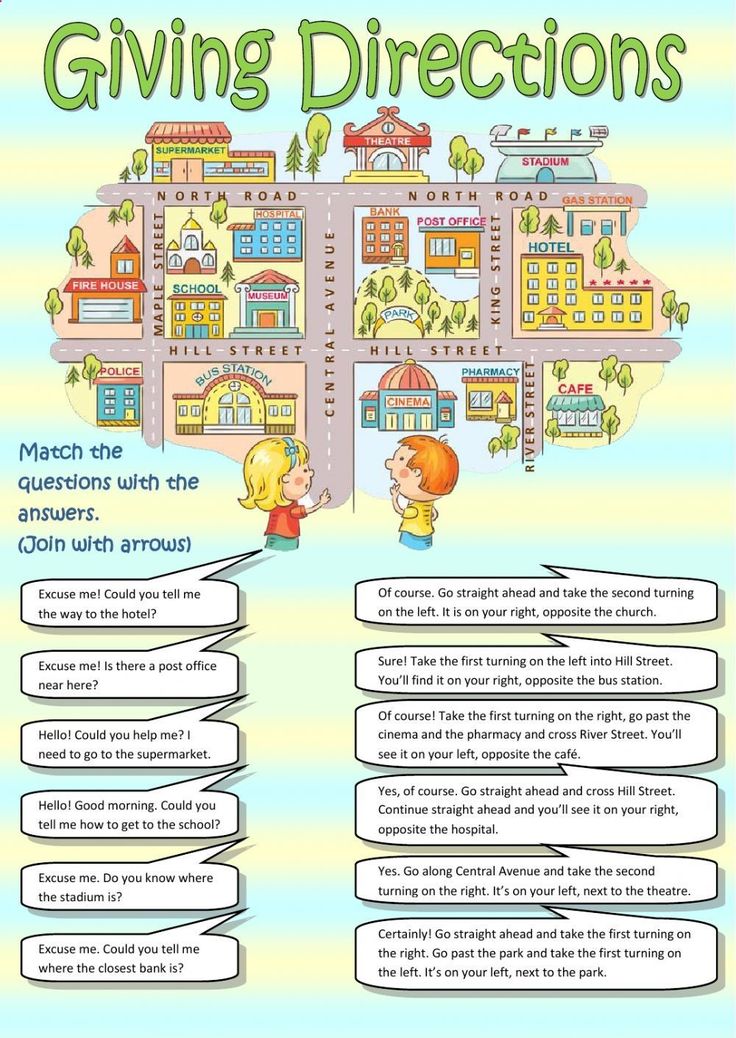
Package of documents
The school must contact the administration with a package of documents (originals and copies are provided):
- Application for enrolling a child in school (officially registered).
- Applicant's passport.
- Birth certificate of the future student.
- Certificate or extract confirming registration (find out where to get a certificate of registration of a child in form 8 and who issues it here).
- Vaccination certificate.
- Medical record.
Is it possible to get into school without permanent residence registration?
According to the legislation of the Russian Federation , every resident of Russia has the right to free education , regardless of various reasons. The absence of a permanent residence permit is not a legal basis for refusing to enroll in a school if places are available.
If a family with a child lives in a populated area, it must have any registration in accordance with RF PP N 713 of 1995.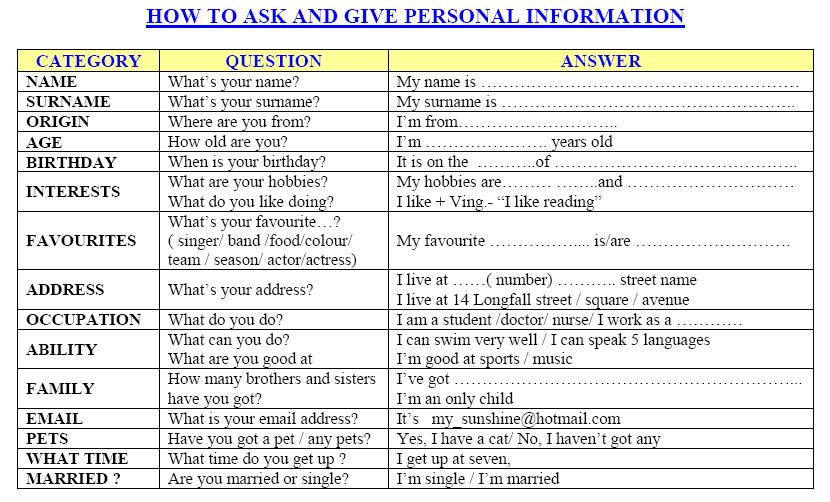 Therefore, the condition for admission to school is the presence of only a temporary residence permit and the presence of a complete package of required documents. The basis for enrollment is the legislative norms of the Russian Federation.
Therefore, the condition for admission to school is the presence of only a temporary residence permit and the presence of a complete package of required documents. The basis for enrollment is the legislative norms of the Russian Federation.
Legislative norms that guarantee the possibility of obtaining education
- Based on the Constitution of the Russian Federation, you can count on admission to the selected school, subject to availability.
- Federal Law "On Education in the Russian Federation" N 273-FZ of December 29, 2012, as amended in 2018 p. 67, paragraph 3 gives grounds for applying for admission to a school that is territorially assigned to the actual place of residence. The same law permits refusal of admission due to lack of places.
Ways of admission
Let's consider ways of entering a general education institution without registration at the place of residence, if there is no permanent residence permit in the locality where the school is located. If there is no permanent residence permit in the desired locality, then you can resort to the following options:
If there is no permanent residence permit in the desired locality, then you can resort to the following options:
- children under 14 can only live with legal representatives.
- Change of permanent residence. Even if there is no registration at all due to the move, but the maximum period (3 months) for registration has not expired, the school must accept the child for study. In the future, you will need to provide a temporary registration document.
- Applying to other schools where there will be vacancies. Geographically, they can be removed from their place of residence, but in the future, if circumstances change, the school can be changed.
A bribe is an illegal way to get a coveted place in a school. Punishable by law in accordance with Art. 291 of the Criminal Code of the Russian Federation.
Assistance in enrolling in the desired school, subject to availability, can also be provided by:
- Application submitted on time (as a rule, they are accepted from July 1).
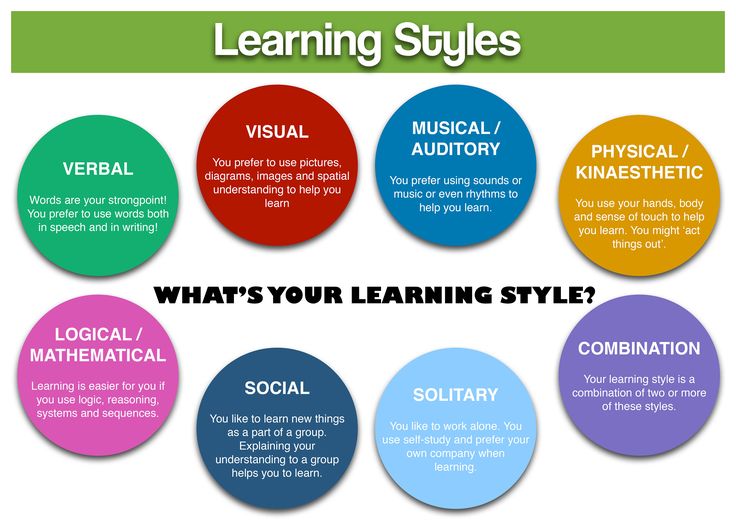
- A complete package of necessary documents, supplemented by evidence of high achievements in sports competitions, in creative and intellectual competitions. Under equal conditions, the owner of the certificates will have priority.
- Availability of benefits. It is necessary to prepare in advance a document indicating that the child belongs to the category of beneficiaries (the list is provided by the Department of Education).
- The fact that older children study at this school.
A response from the school on admission or refusal is expected within 7 days. In case of a positive result, the originals of all documents should be immediately provided to the administration, which will help to finally strengthen the position.
Can a minor be denied admission and what to do in this case?
The school management has the right to refuse in the only case - the full enrollment of students. All other waivers are null and void and are generally not documented.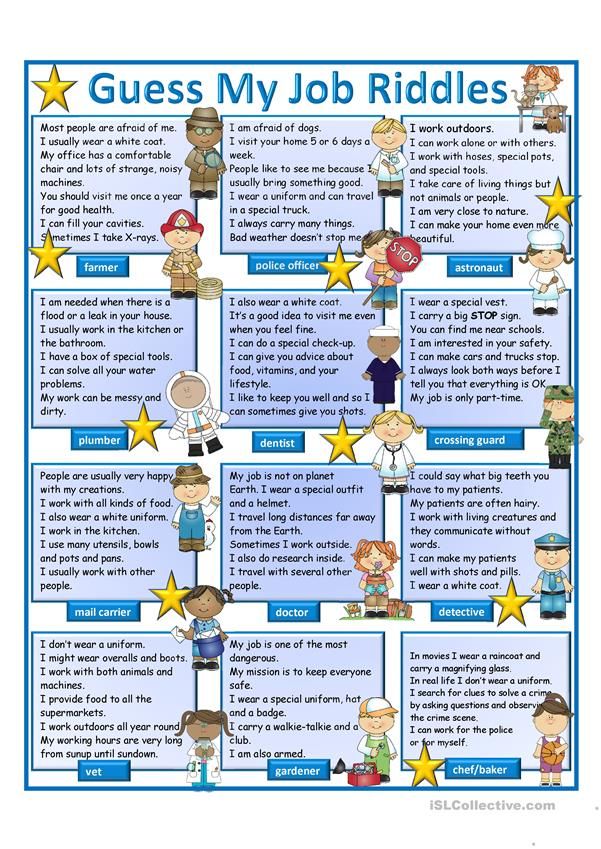 The nature of the actions of parents in case of refusal to accept documents is determined by the reasons.
The nature of the actions of parents in case of refusal to accept documents is determined by the reasons.
If registered at the place of residence
- It happens that in a general educational institution you like there are no places even for children with the necessary registration. In this case, having a properly executed refusal in hand, you can legally apply to any nearby school.
- A “specialized” institution that has its own legal charter may also refuse admission. It allows you to accept students living at any address.
But if there are places, the administration is obliged to provide an opportunity for a child living near the school assigned to his address to pass the entrance exam.
- It will be illegal to require the ability to write, count and read from a potential first grader.
If not registered at
The refusal of the administration in writing due to lack of places is the basis for applying to the Ministry of Education. The application will be considered on the condition:
The application will be considered on the condition:
- If the reason for the refusal is residence at an address that does not correspond to the territorial assignment of the school.
- If the school administration concealed availability on the day of application.
- Open demand for gratitude (bribes).
- If the reason for the refusal is poor test scores at the municipal institution or poor performance at the previous educational institution.
- Denial of admission due to ill health.
The Ministry sends the complaint to the department responsible for the offending school within a week for consideration. In the event of a negative result, you can send a complaint to the highest authority again.
To do this, use the postal services by sending documents (certified copies) by registered mail with notification. It is convenient to send such a complaint by e-mail to the ministry's website in a special section for citizens to apply.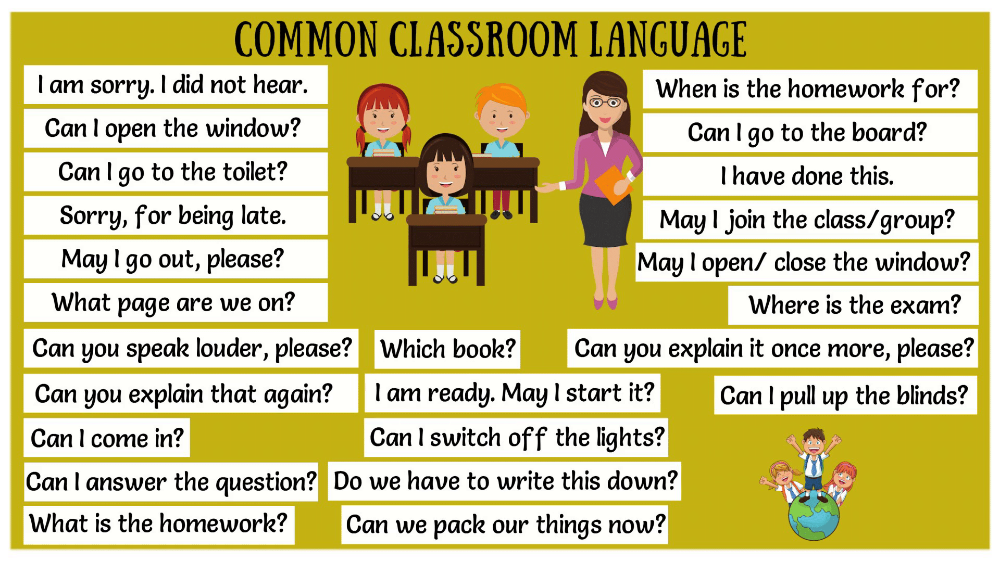 The term of its processing in this case is three days after receipt.
The term of its processing in this case is three days after receipt.
Each institution has the goal of recruiting strong, trouble-free students, with the right documents, while trying to avoid all sorts of trials and checks. A warning about contacting higher authorities in case of refusal to accept a child can be a good lever for managing the administration.
But in order to prevent conflict and prevent refusal due to inappropriate registration, parents can take care of temporary registration in advance.
In a situation where there is no registration, the school is obliged to accept the student, if three months have not expired from the date of registration. The regional department must indicate the school where they can accept the child at the place of residence, but without a residence permit.
The registration procedure for a child has a number of nuances. The determining factors are: the age of the baby, the presence or absence of marriage between the parents, the type of registration.

